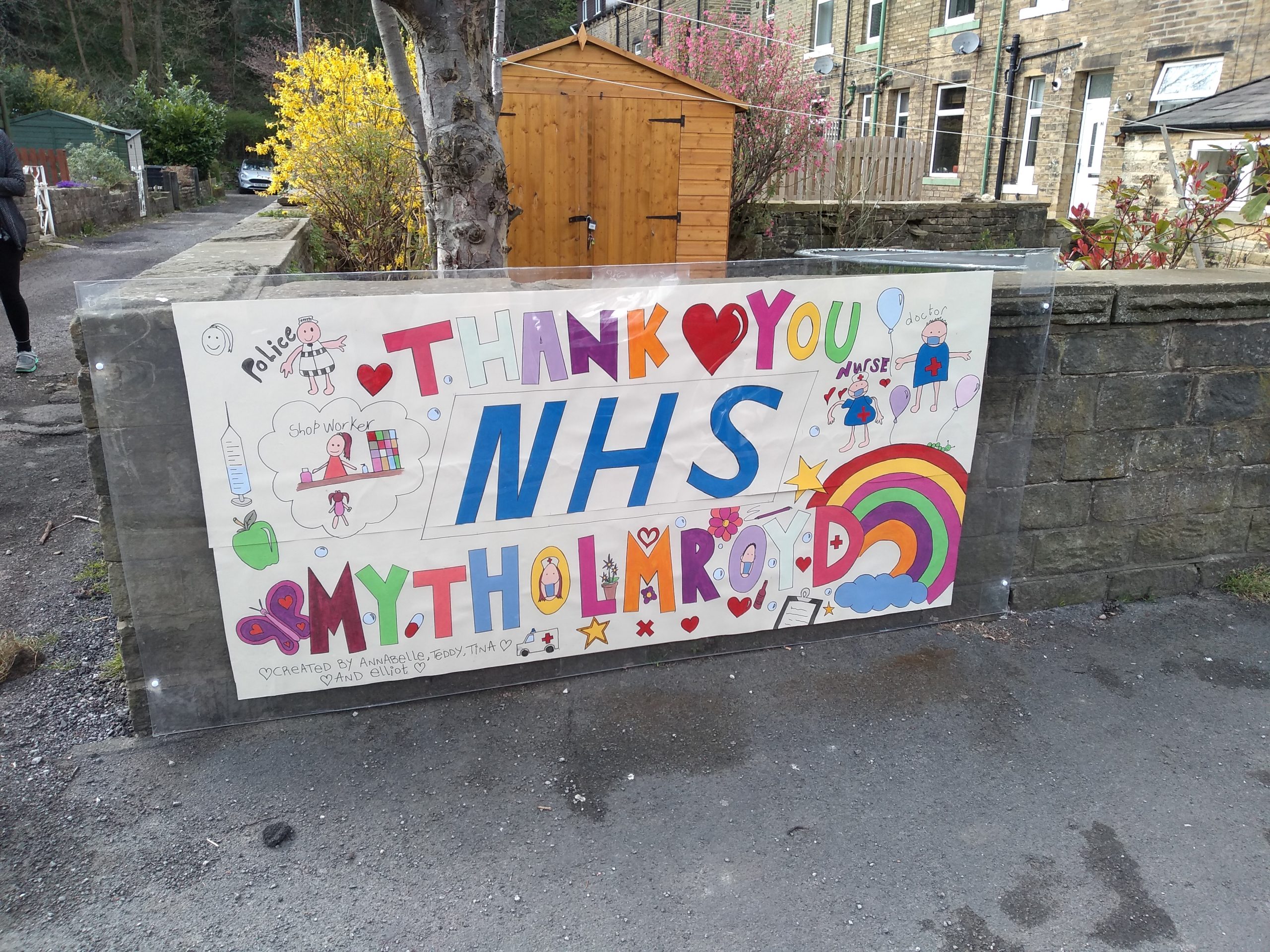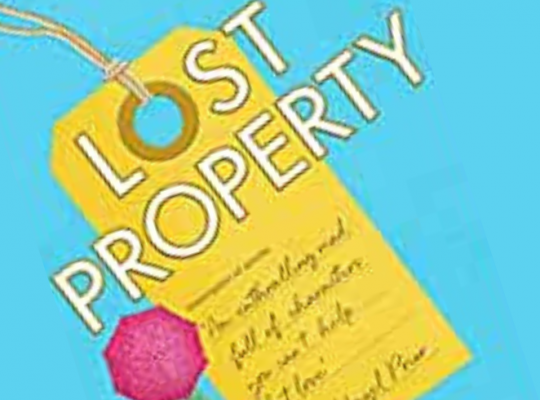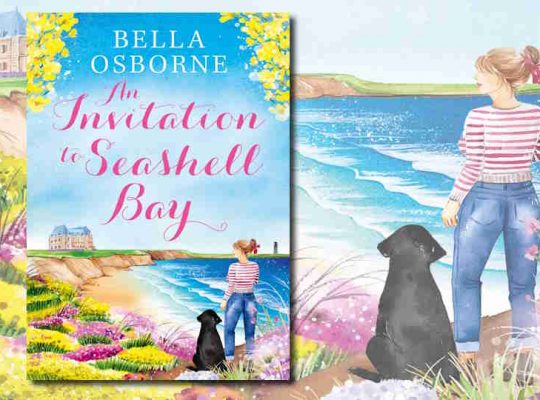It began with an article in the Guardian about a “library of things”: local people could borrow tools, board games and other items in the same way that you’d borrow a book from the local library. Just the sort of thing that would go down well here in Hebden Bridge in West Yorkshire.
We don’t have the space to accommodate a library of tools at home and, in any case, we live up a steep, single-lane track. So I wondered if an online lending library would work. Rather than community-owned items, could I facilitate people lending to each other, perhaps through a Facebook group?
But would someone trust a stranger enough to lend out their power tools or kitchen appliances?
To test the water, I posted in my local Facebook group: “I’m thinking of buying a waffle maker but don’t know if I’d really use it. Could someone please lend me one to try out?”
Within a day, we’d picked up a waffle maker and a handwritten recipe from a very kind woman who lived in one of the hilltop villages nearby. It was ours for a week.
The waffle maker showed me two things: I don’t like waffles enough to bother with the faff of making them, and yes, there were kindly folk on Facebook who would lend their things to people they’d never met before.
And so the Hebden Bridge Lend-a-Hand Community was born.
I formulated my group rules: you could lend stuff or ask to borrow stuff and you could give things away. You could also ask for and offer favours: obviously not big things like “Could someone please fit my new kitchen?” but smaller things like “Could someone help me assemble an Ikea wardrobe?” I asked people to be both givers and takers, borrowers and lenders. Most crucially, I insisted that the group was money-free: buying and selling were banned as were all commercial posts.
The group was small initially, but when the pandemic hit and Britain went into lockdown, it began to grow. Not quite as exponentially as the virus, but pretty quickly nonetheless. People had more time on their hands, so began decluttering their homes. With the charity shops and recycling centres closed, there was nowhere to take unwanted belongings and a whole plethora of stuff was suddenly up for grabs on Lend-a-Hand: coffee machines, children’s clothes, bicycles and power tools.
We had a clear out too and a stream of people made it up our single-track lane to collect empty boxes, bubble-wrap, children’s books and a large ornate mirror. We agreed to give a new home to a frog and frogspawn that someone had discovered in their watering can and someone kindly brought us a rhubarb plant.
Take a quick glance at the Lend-a-Hand Facebook page and you’d think it was just about giving away and getting free stuff.
But that isn’t its main purpose.
As I’ve said, it was originally conceived as an online lending library for things, but even that isn’t its main purpose.
Lend-a-Hand is all about community: it’s not just the free things that you get or the tools that you borrow – it’s the people that you meet and the conversations that you have when you collect those items.
https://www.theguardian.com/society/2019/apr/24/library-of-things-borrowing-scheme-conquer-world





